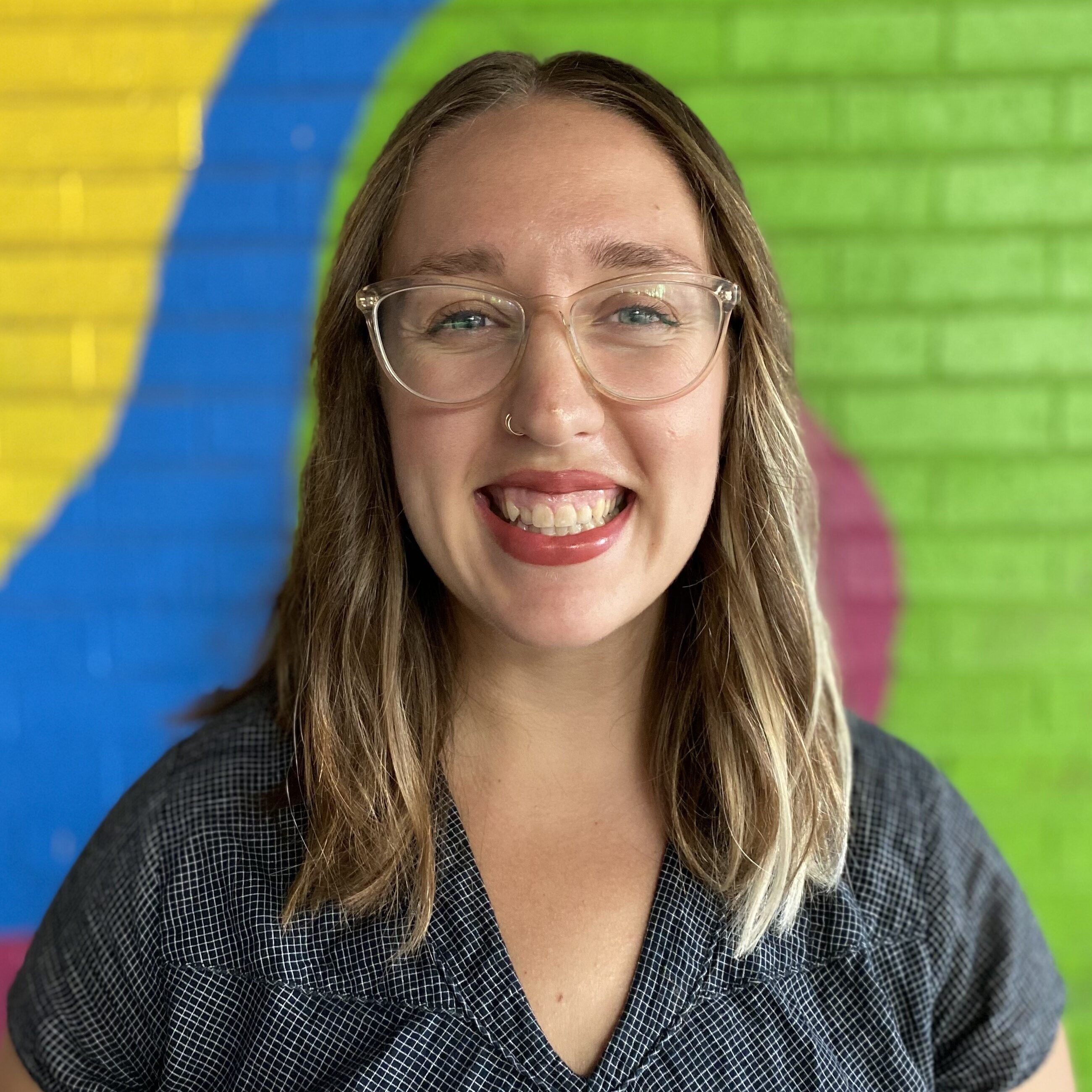Jen Cruz, PhD ’25 (she/her) is a second-year doctoral student in SBS interested in the intersection of community engagement, social epidemiology, and policy. She is interested in how we can best integrate epidemiological methods into community-centered work and evidence-based policy development to address health inequities. Jen is a predoctoral fellow at the Harvard-DFCI Educational Program in Cancer Prevention, an NIH T32 grant, and a member of the FXB Center for Health & Human Rights PhD & DrPH cohort. Prior to Jen’s doctoral studies, she received her MPH in Global Health Epidemiology from the University of Michigan and her BS in Psychology from Seattle University. She was also a Fulbright-Nehru student researcher.
You work closely with the Allston Brighton Health Collaborative (ABHC), a network of over 40 stakeholders and organizations. What are the goals of ABHC and how did you get involved as a volunteer?
ABHC is the only cross-sector network of its kind in Boston with its foci on the social determinants of health and on health-related social needs. Their current areas of concentration are transportation, food access, mental wellness, and resource connection and clinical/community linkages through a racial justice lens. I initially connected with ABHC when they were looking for volunteers for a vaccine clinic in Allston. After spending my first eight months in Boston focusing solely on my (remote) coursework, I was actively looking for ways to connect with the community where I lived to bring together my experiences in community service and public health. Now I am a member of the mental wellness and transportation committees as a resident representative. As a teaching fellow, I have also introduced ABHC as one of the community partners for SBS 551: Community-Based Participatory Research.
Has anything notably surprised or challenged you since working with ABHC?
The biggest challenge has been learning how to bring my skillset as an academic researcher into my community member role with ABHC. While I love my high-level theory and research methods courses, the things that I have been learning do not always lend themselves nicely to the world outside of Harvard Chan. As a first-generation, low-income (FGLI) student, I have spent my entire academic career breaking down what I’m learning or researching to my friends and family back home, so that they can understand what I’m up to. But taking that one step further and engaging this work with those folks has not been easy. I’ve learned so much in my time with ABHC about communication, co-creating knowledge, and thinking big when it comes to possible solutions which I know will serve me well in my work moving forward.

Allston Brighton Health Collaborative
The Allston Brighton Health Collaborative is a network of over 40 organizations and stakeholders who work together to promote and improve the health and wellbeing of the Boston neighborhoods of Allston and Brighton.
Why is community service and building bridges with community partners important to you?
Community is absolutely central to all that I do and why I have chosen to pursue a career in public health! Growing up in a low-income, rural community (shout out to Wapato!), I witnessed firsthand how resilient communities truly are, even though they are often overlooked. As I’ve made my way through my graduate training, I’ve found that the majority of our research remains “damage-centered” which limits our ability to identify viable solutions that not only aim to improve health but also uplift the strengths of the communities being targeted. Building bridges with community partners and co-conducting research allows communities to take agency over their health and to advocate their unique needs.
Do you have any advice for others who have an interest in community service?
My biggest piece of advice is to be intentional with your community service and to invest in building relationships with your chosen groups or organizations. Often students jump into volunteer work with the idea that they are going to come in and solve all the problems that the community is facing, especially if it’s health-related. Start by doing some critical self-reflection to help you figure out why you want to engage with a particular community, what you can offer the organization or group, and how you will work alongside them. Once you have a clear idea of your intentions, start looking into organizations that share your values to determine how you can best dedicate your energy!
This interview has been edited for length and clarity.




